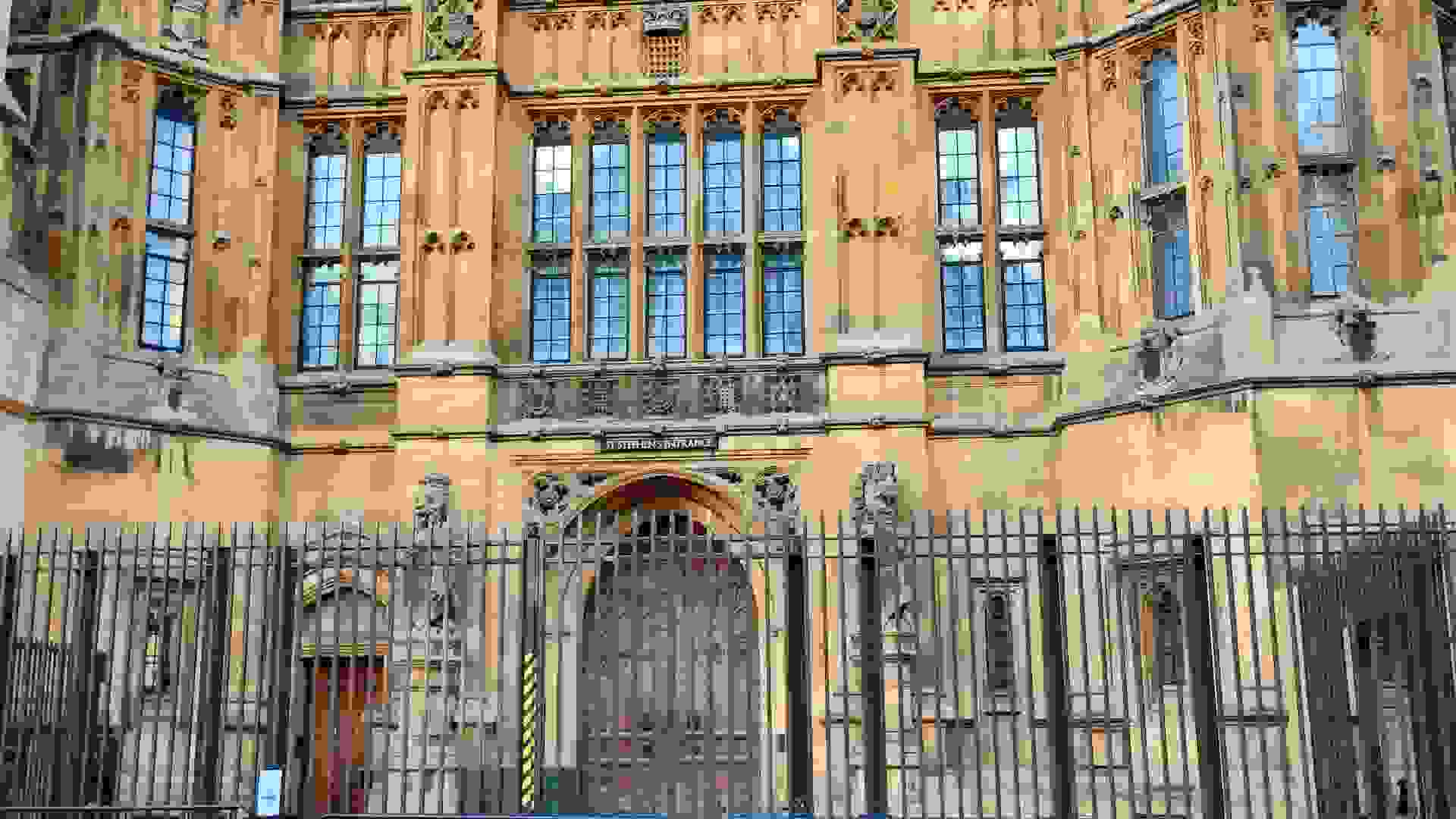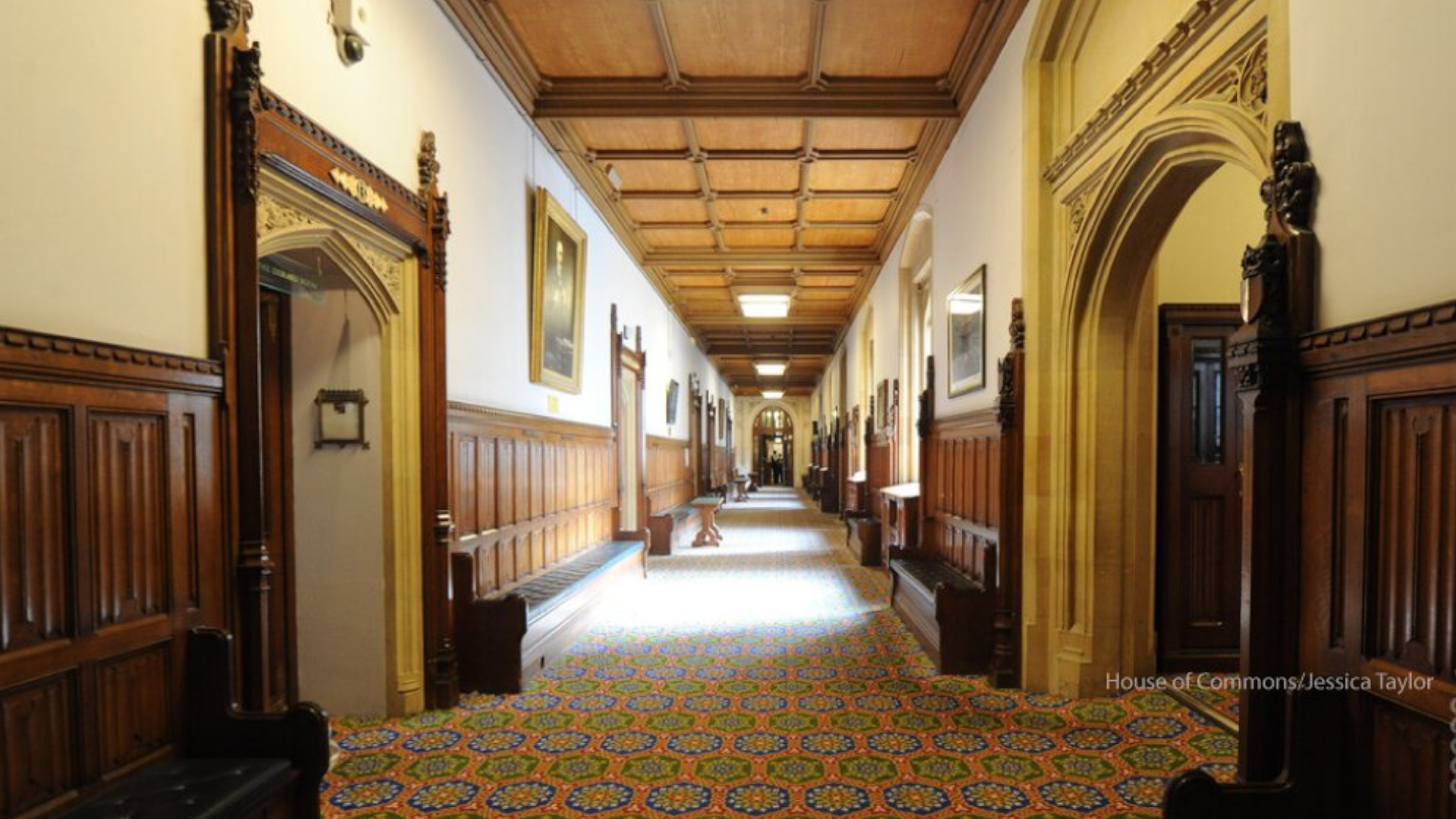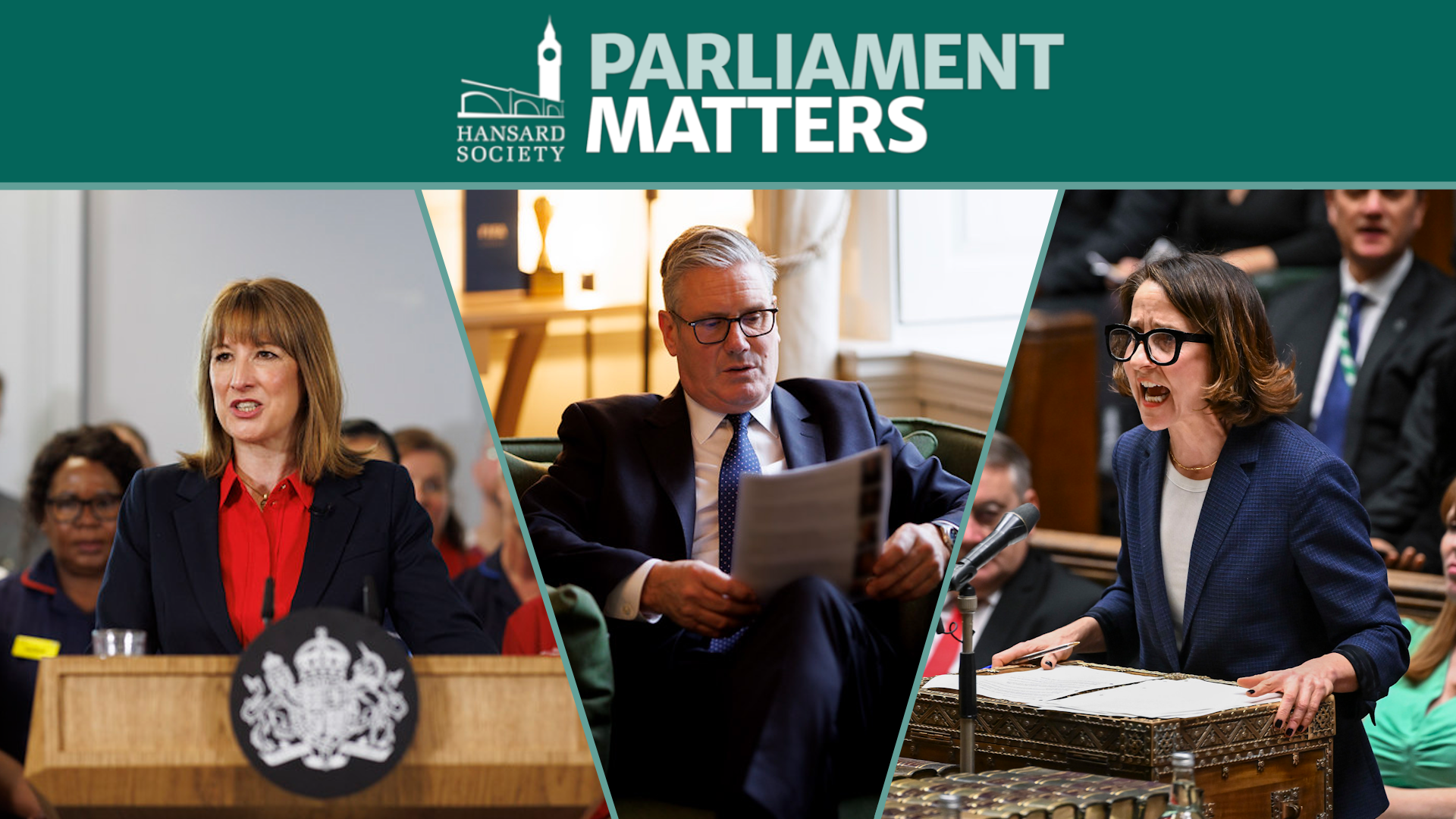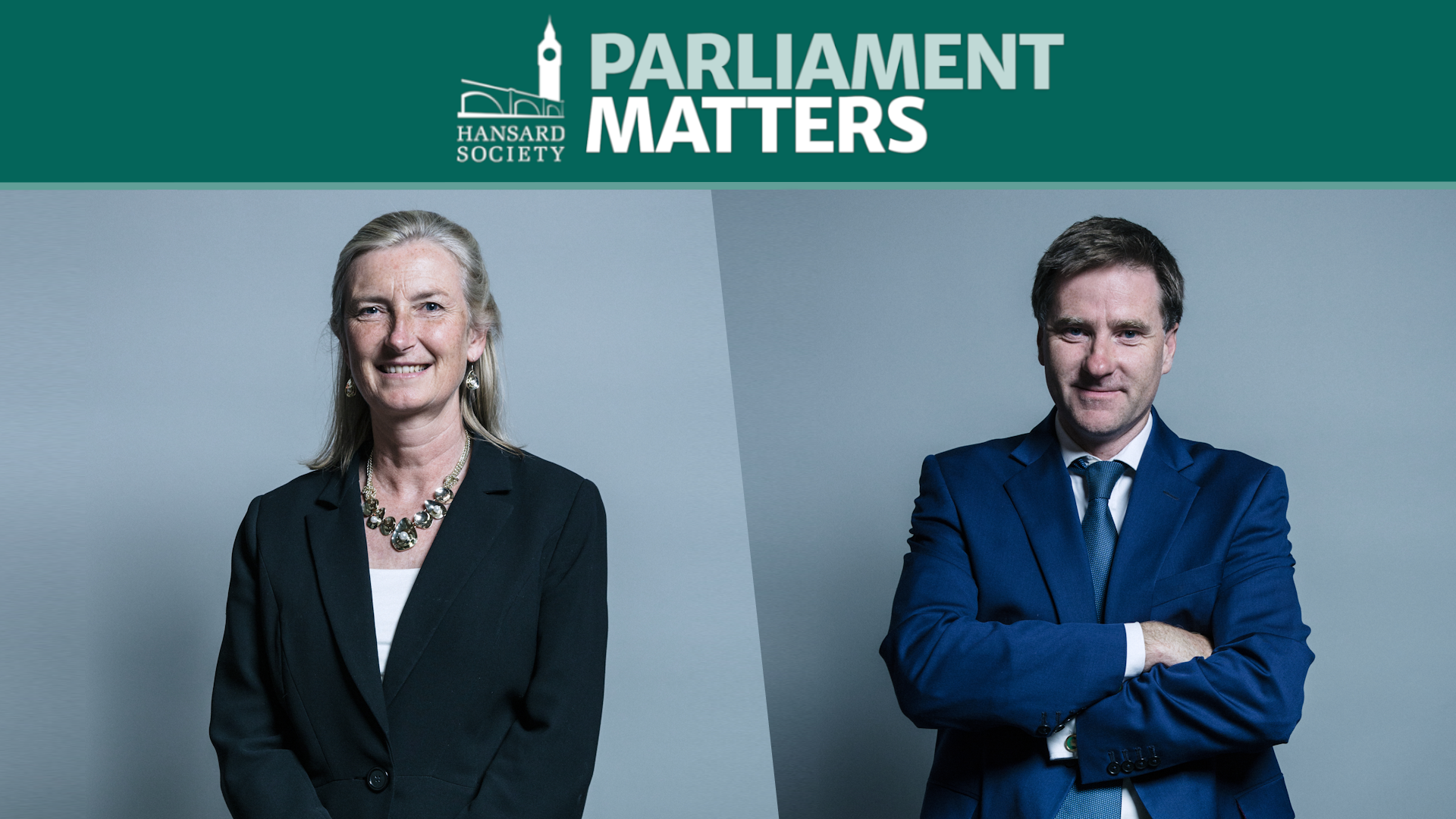News / Parliament Matters Bulletin: What’s coming up in Parliament this week? 7-11 July 2025
The Government’s welfare bill will return to the Commons, where several provisions will be removed or amended. The Hereditary Peers Bill will continue its Report Stage in the Lords. MPs will debate the Pension Schemes Bill for the first time. The Home Secretary will face oral questions from MPs and appear at a select committee. The Football Governance Bill will complete its Commons scrutiny. The Foreign Secretary and the Deputy Prime Minister will be questioned by select committees. Backbenchers will lead debates on children’s health and the attainment of boys in education.






